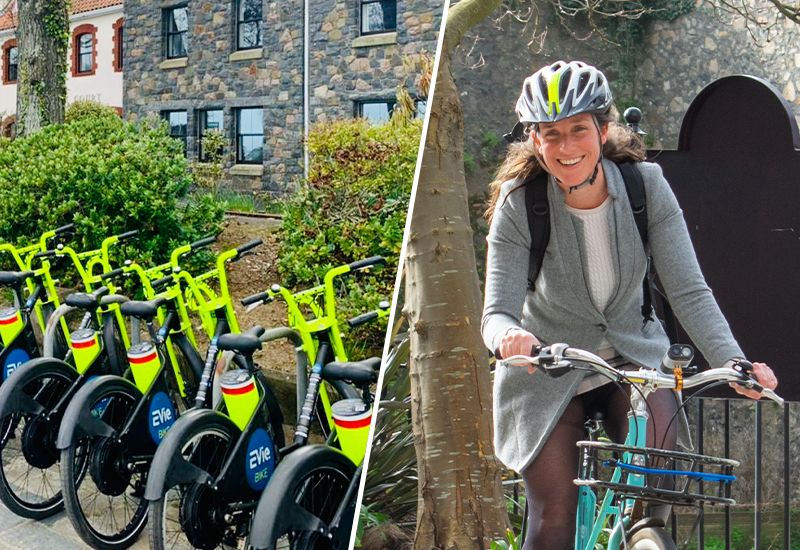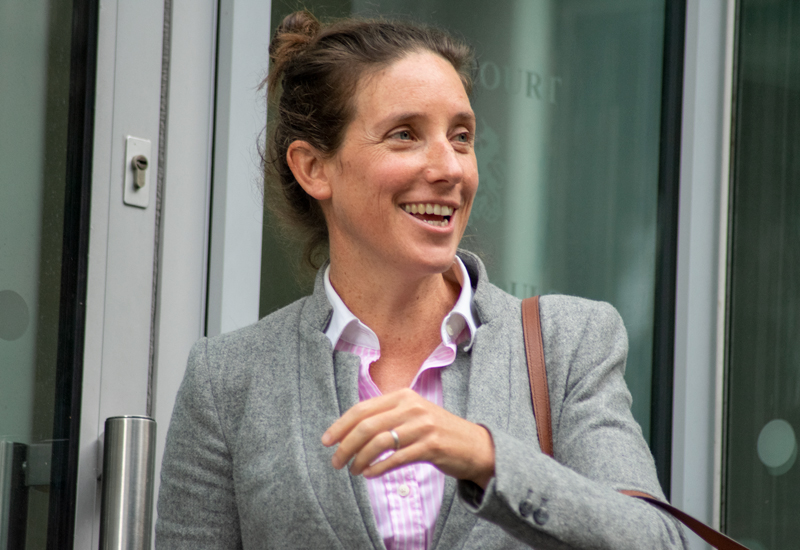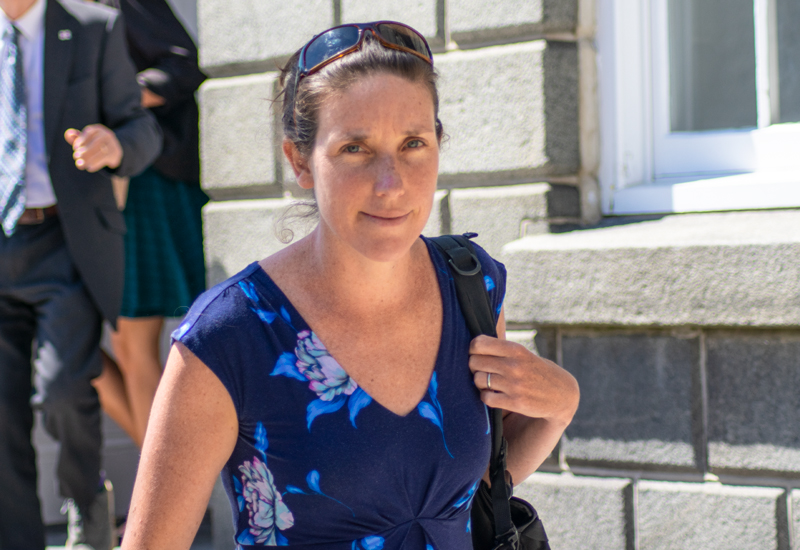


The island's infrastructure makes it too easy for people to favour cars as their main transport option, according to the President of Environment & Infrastructure, who says action is needed to overcome the barriers stopping people from active travel.
Express spoke to Deputy Lindsay de Sausmarez about the reasons people in Guernsey continue to choose cars as their main mode of transport in a wide-ranging interview.
“Ribbon development leads to difficulty in choosing different options for travel,” said Deputy Lindsay De Sausmarez. “It favours car use.”
Ribbon development has been criticised in the past for leading to ‘urban sprawl’. It tends to spread people and resources out instead of having mass housing areas or estates.
It can, for example, lead to bus spaces being further apart and bus routes being more complicated, dissuading people from taking public transport.
“We know that people want to change the way they travel, but there are barriers – these ‘buts’ are important,” said Deputy De Sausmarez.

Pictured: “Give people practicable, workable alternatives to using their cars,” said Deputy De Sausmarez.
Deputy de Sausmarez - who was a member of E&I last term when the committee subsidised electric bike purchases - has spoken in support of the EVie bike initiative recently introduced in the island.
“Bikes and ebikes are a really efficient form of transport,” she said. “Shared economy is even more efficient. Think of cars in terms of space and they are hugely inefficient. Nine out of ten cars have only person in them."
Despite this introduction she remains concerned that Guernsey remains car dependent, and the island's infrastructure is a big reason for this.
“It’s important we overcome the barriers stopping people choosing alternative modes of transport,” she said. “The perception of safety is a big reason people keep choosing their cars - people don’t feel safe mixing with traffic.
"There are lots of ways to make our roads safer, but the best way is to improve infrastructure. A walking or cycling route is really only as good as its weakest link.
"Good infrastructure also softens the consequences of human error - something that is fundamental to the 'safe systems' approach. When we make things safer we improve people's choice."
The safe systems approach is part of the On-Island Transport Strategy and is a World Health Organisation approved strategy aimed at reducing death and injury on carriageways.
Pictured: The EVie bike scheme saw a soft launch over the Easter weekend of 25 bikes being brought to the island.
"There's not as much choice as people would like when it comes to travelling round the island, lots of people tell us that they would like to walk more, or jump on a bike or bus, but they just don't think it's a viable option," said Deputy De Sausmarez.
When discussing solutions beyond infrastructure, Deputy de Sausmarez said the answer also lies in giving people the opportunity to give something new a go.
“Choice and opportunity is very important,” she said.
"How easy a travel option is, is also important. Jumping on a bus might be easy if you have no trouble walking and happen to live near a main bus route, but less so for people with mobility constraints or who live out in the sticks.
"Not everyone finds riding a bike easy - though increasingly I'm seeing how e-bikes can be game changers for people who are older or with particular disabilities."

Pictured: "When we make things easier we improve people's choices," said Deputy De Sausmarez.
Deputy De Sausmarez also added that smart tech is changing the way we get around, and could be the answer to reducing our car use in the future.
"Smart tech is a game-changer that is making bike share schemes increasingly convenient and easy to use: smart phones, live GPS mapping, instant payments for example.
"Different people have different transport needs and wants at different times for different journeys. The more choice we can give people, the better we're likely to be able to meet those needs and wants for more of those people for more of their journeys."
Comments
Comments on this story express the views of the commentator only, not Bailiwick Publishing. We are unable to guarantee the accuracy of any of those comments.